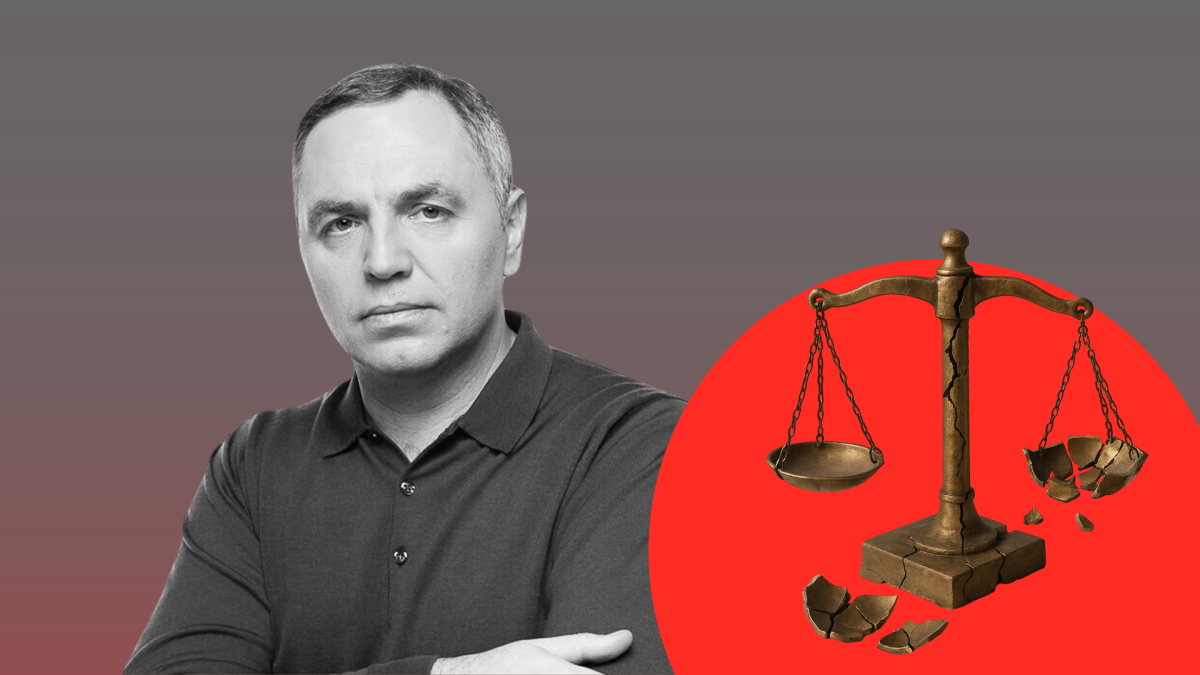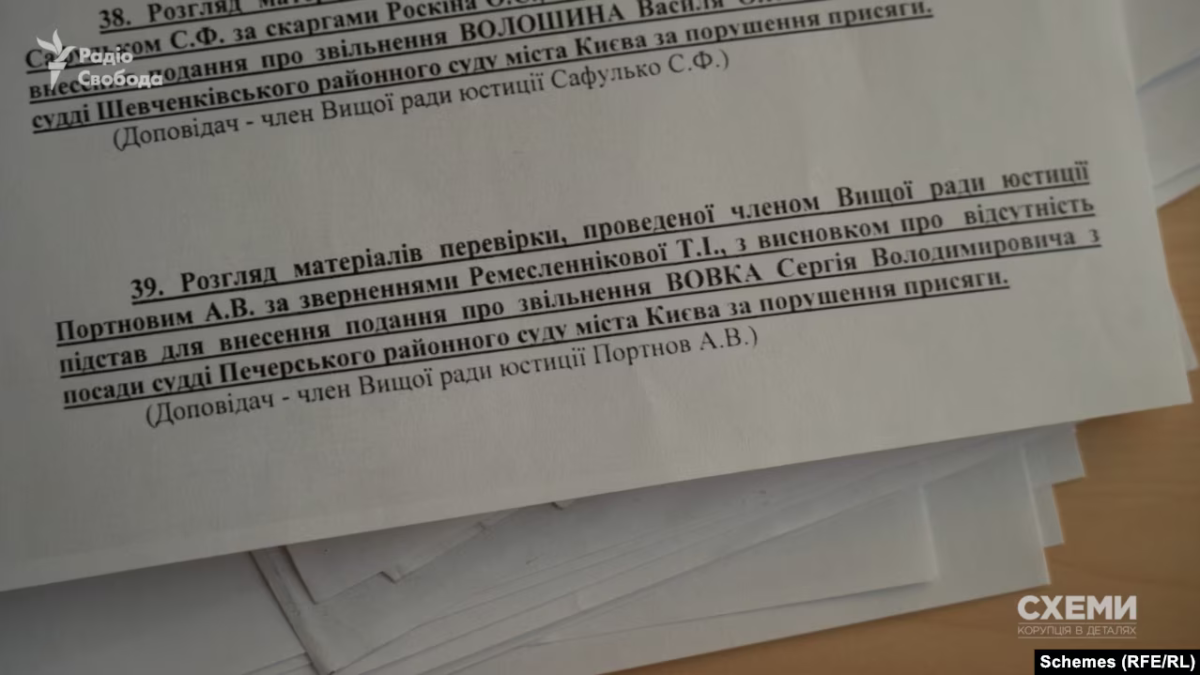

The need for meaningful judicial reform in Ukraine had been growing for years. But after the destructive interference of Andrii Portnov, the former Deputy Head of the Presidential Administration under Yanukovych, the judicial system collapsed entirely. How did this happen, and what were the consequences?
Last week, the investigative project Schemes: Corruption in Detail provided a comprehensive account of how Andrii Portnov dismantled Ukraine’s judiciary.
“Until 2010, case assignments were handled by the court’s presiding judge, which increased the risk that a particular case involving a particular individual would be deliberately assigned to a specific judge. To eliminate such manipulations, a “roulette” system was introduced — a randomised, automated system for assigning cases to judges,” explained Pavlo Demchuk, Senior Legal Advisor at Transparency International Ukraine, in a comment to Schemes.
However, this so-called “roulette” worked in very peculiar ways when necessary. If needed, cases still ended up in the hands of “the right” judge. Schemes journalists illustrated this using the example of a case filed in the Pecherskyi District Court by Andrii Portnov against the Anti-Corruption Action Center, Focus magazine, and Ukrainska Pravda. The lawsuit was triggered by articles discussing why Ukraine had not imposed sanctions on the former official to confiscate his assets (which, incidentally, never happened, not even after his death).
Interestingly, although Portnov was seeking to defend his honor and dignity in court, the case was registered under the specialization “divorce and child support recovery” in the automated assignment system. As a result, dozens of judges who did not handle family cases were excluded from the process, and the case was randomly assigned among just three judges.
Ultimately, the case landed with the notorious judge Serhii Vovk, who later ruled in Portnov’s favor. Particularly notable is the fact that, according to journalists, Portnov, then a member of the High Council of Justice, helped Vovk avoid dismissal 14 years ago. At the time, Portnov was the rapporteur in a disciplinary complaint against Vovk and concluded there were no grounds for his removal.
As Pavlo Demchuk explained, if there is a violation of the rules for random case assignment, the judge is obliged to recuse themselves so the case can be reassigned. If a judge fails to do so despite having grounds for recusal, it may constitute a disciplinary offense.
Another example involves Portnov’s lawsuit against the civil society organization Chesno Movement and the National Agency on Corruption Prevention. He challenged the publication of information about him in the so-called “Registry of State Traitors,” claiming it was false. Although the case again concerned the protection of dignity, honor, and business reputation, it was registered as a “writ.” This again led to the exclusion of a number of judges from the case assignment pool.
With the plaintiff’s death, reviews of decisions in these cases have now been put on hold. However, the broader damage Portnov inflicted on Ukraine’s judiciary remains highly relevant. This is precisely why Ukraine must continue conducting transparent judicial selection processes — a task currently undertaken by the High Qualification Commission of Judges (HQCJ). For such competitions to succeed, the HQCJ itself must be composed of members who meet the highest standards of professionalism and integrity. Draft Law No. 13382, designed to improve the procedure for selecting HQCJ members, aims to ensure exactly that.
Interestingly, although Portnov was seeking to defend his honor and dignity in court, the case was registered under the specialization “divorce and child support recovery” in the automated assignment system. As a result, dozens of judges who did not handle family cases were excluded from the process, and the case was randomly assigned among just three judges.







